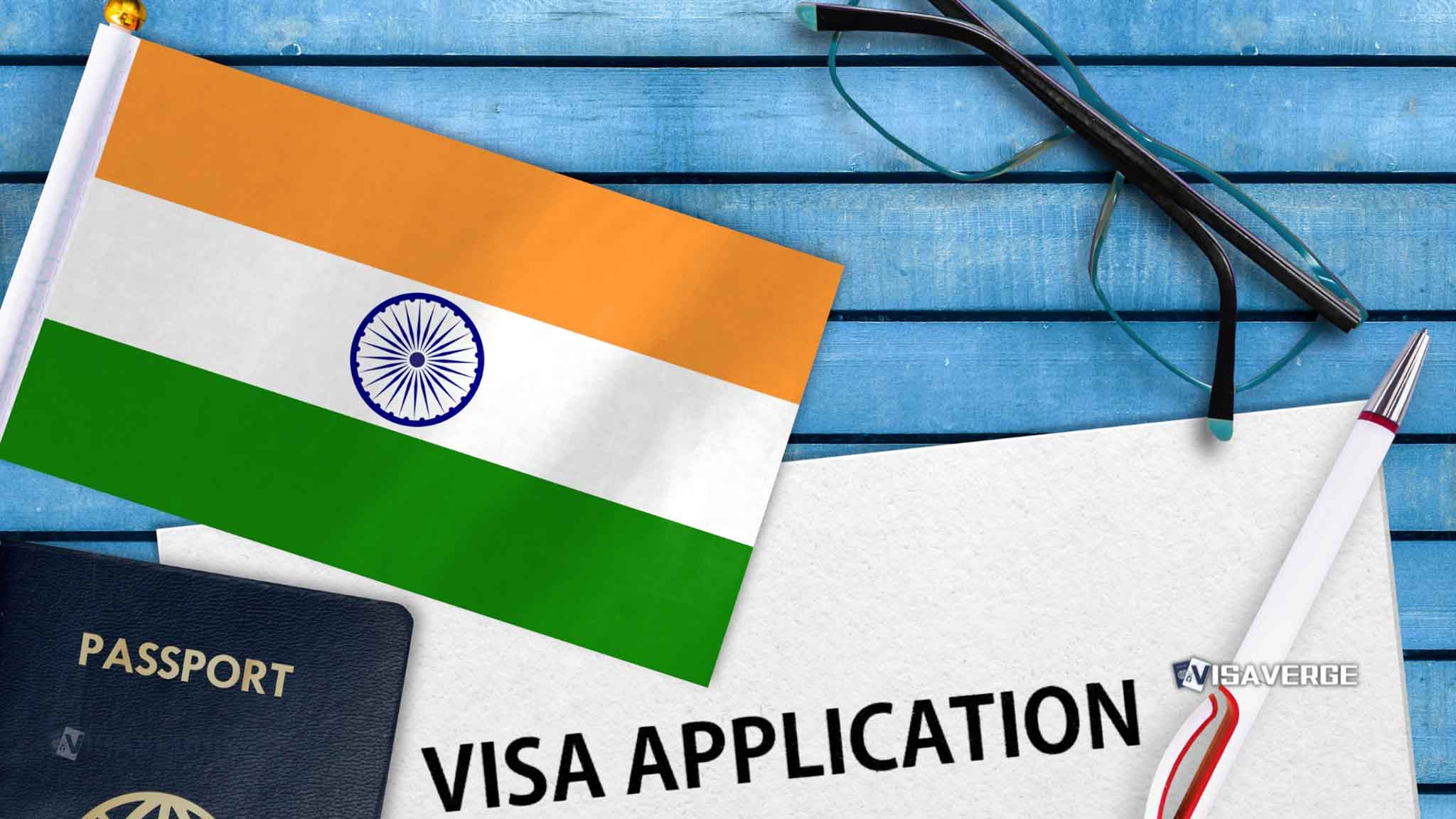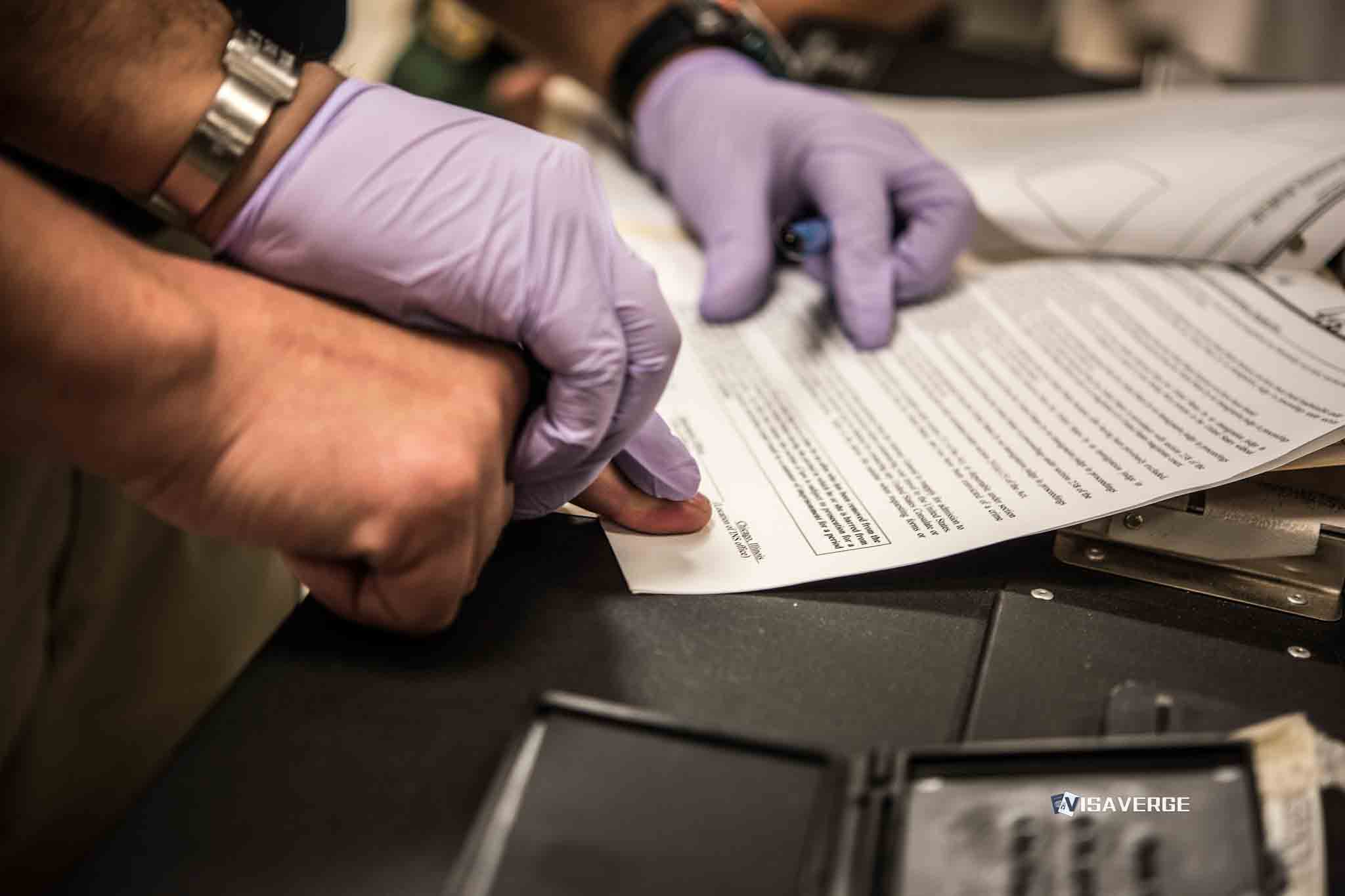(BIHAR) India’s top court on September 8, 2025, directed the Election Commission to accept Aadhaar as a valid proof of identity for the Special Intensive Revision of Bihar’s voter list, while making clear that the document cannot prove citizenship. The Supreme Court bench of Justices Surya Kant and Joymalya Bagchi said, “Aadhaar card is not proof of citizenship and will not be accepted as proof of citizenship,” underscoring the legal line between identity and nationality during the ongoing revision ahead of state polls.
What the order requires

- The Election Commission must treat Aadhaar as the 12th acceptable identity document, alongside the 11 existing IDs, for voter registration and corrections.
- Election officers must continue to verify who is an Indian citizen through other lawful means.
- The bench empowered officials to check the authenticity of Aadhaar submissions, just as they do for other documents, to protect the integrity of the rolls.
According to counsel for the Election Commission, the direction will be implemented statewide in Bihar, with formal instructions to follow. The Commission told the court that 99.6% of the state’s 7.24 crore voters have already provided required documents; Aadhaar will now help the remaining applicants whose names were missing or flagged in the draft rolls. Officials said the change should speed up identity checks without lowering standards for citizenship verification.
Immediate impact — twofold
- People in Bihar who lacked other IDs can now use Aadhaar to confirm identity during voter registration and the ongoing roll revision.
- The ruling removes confusion around whether Aadhaar can decide who is a citizen — it cannot.
The court’s message is firm: Aadhaar is valid for identity only, not for citizenship. That means applicants may show Aadhaar to establish identity, but election officers will rely on other records or processes to confirm citizenship before adding a name to the roll.
“Aadhaar card is not proof of citizenship and will not be accepted as proof of citizenship.” — Supreme Court bench of Justices Surya Kant and Joymalya Bagchi
Background and legal context
The Supreme Court’s order follows complaints that some officials were refusing Aadhaar during the revision, despite earlier directions. Senior Advocate Kapil Sibal, representing the Rashtriya Janata Dal, argued that Aadhaar’s non-acceptance risked contempt of previous Supreme Court rulings. The bench resolved the issue by clarifying the law and instructing the Election Commission to treat Aadhaar like other identity options — subject to verification — without letting it stand in for proof of nationality.
Legally, the order aligns with the Aadhaar Act’s identity purpose and the Representation of the People Act, 1950, which governs who can be enrolled. The distinction matters: identity answers “who is this person,” while citizenship answers “is this person an Indian citizen?” Conflating the two can create wrongful inclusions or exclusions. The Supreme Court’s bright line seeks to protect both voting rights and election integrity.
Political stakes
The Election Commission has faced political pressure over the Special Intensive Revision. Opposition parties, including Congress and the RJD, say the exercise could remove voters from communities that support them. The Commission maintains the process is transparent and follows constitutional rules.
- Critics warn forged IDs could slip through if checks are weak.
- Supporters argue broader ID acceptance prevents unfair barriers.
The bench addressed both concerns by allowing Aadhaar for identity but insisting on robust verification and separate citizenship proof. That balance aims to protect genuine voters while reducing the space for fraud.
Implementation and verification (protocol for officials)
Election officials in Bihar will now follow a clear protocol when applicants present Aadhaar:
- Accept Aadhaar as one of the 12 approved identity documents for voter registration or roll corrections.
- Verify the Aadhaar card’s authenticity and genuineness, just as with any other ID.
- Conduct separate checks, where required, to confirm Indian citizenship; Aadhaar alone cannot meet that test.
- Add names to the electoral roll only after identity and citizenship are both established according to law.
The Commission is expected to issue written guidance to district and booth-level officers to ensure consistent practice across the state. That guidance should also explain how to handle edge cases, such as:
- mismatched demographic details,
- non-updated Aadhaar records,
- suspected forged cards.
According to analysis by VisaVerge.com, formal, uniform instructions are essential to prevent uneven treatment across districts and to limit the risk of wrongful deletions or delays.
Practical effects for citizens
For the public, the change is practical and immediate:
- A worker who lost her voter ID but still holds Aadhaar can now complete identity verification more easily.
- A student who moved and needs a roll correction can rely on Aadhaar to confirm identity while providing separate proof of citizenship if asked.
- The ruling may lessen queues and repeat visits, especially in rural areas where gathering multiple documents is hard.
Practical steps for citizens in Bihar:
- Bring Aadhaar if it’s the most accessible ID; it will be accepted for identity, subject to verification.
- Be prepared to provide other documents or follow procedures that show Indian citizenship.
- Keep copies of receipts or acknowledgment slips from election offices to track application status.
- Use official channels for updates and instructions from the Election Commission of India.
Oversight, training and transparency
The Election Commission must now monitor implementation closely. Key measures include:
- Training for local officers on verification standards.
- Audit trails for document checks.
- Clear grievance channels for applicants.
- Written explanations and timelines when an Aadhaar is flagged.
- Publishing district-level data on accepted IDs and objections — without revealing personal information — to build public trust.
Stakeholders across the spectrum now look for quick, clear circulars to field officers. Any delay risks confusion at the booth level, especially in districts managing heavy footfall. A tight feedback loop — where officers can flag recurring issues and receive rapid clarifications — will help the Commission enforce the court’s order without bottlenecks.
Wider implications
While the directive applies to Bihar, observers note the legal reasoning could inform practices in other states if similar disputes arise. Uniformity across India, however, would likely require a broader policy move or further judicial guidance.
For now, the focus is on Bihar’s timelines and the Election Commission’s on-the-ground execution. The court’s message is simple, and the stakes are high: Aadhaar’s inclusion should make it easier for eligible voters to prove identity during roll updates, but citizenship must still be established by other means.
The Supreme Court has reinforced both access and integrity: easier identity proof for the public, tighter verification duties for officials, and a clear rule that Aadhaar is not proof of citizenship. The Election Commission’s next steps — swift instructions, training, and transparent reporting — will determine how well that balance holds during Bihar’s Special Intensive Revision.
This Article in a Nutshell
On September 8, 2025, the Supreme Court ordered the Election Commission to accept Aadhaar as the 12th identity document for Bihar’s Special Intensive Revision (SIR) of voter rolls, while making clear Aadhaar cannot establish citizenship. The bench of Justices Surya Kant and Joymalya Bagchi instructed that Aadhaar be accepted for identity verification but that election officers must separately confirm citizenship using lawful methods. The ECI said the direction will be applied statewide; it noted 99.6% of the state’s 7.24 crore voters already submitted documents, so Aadhaar will help remaining applicants. Officials must verify Aadhaar authenticity and follow protocols before adding names to the roll. The ruling aims to increase access to identity verification without lowering standards for citizenship checks, with ECI guidance, training, and audit measures key to consistent implementation.













